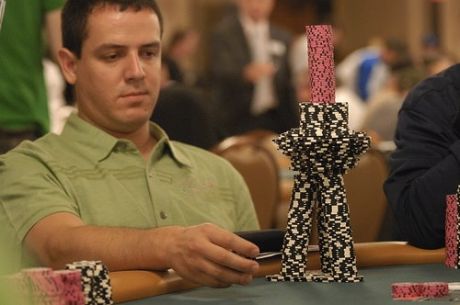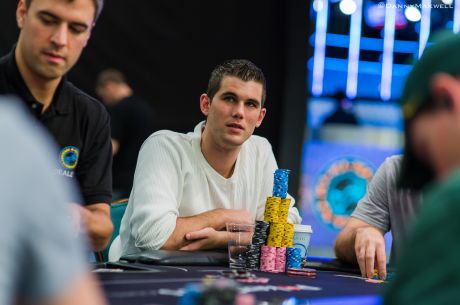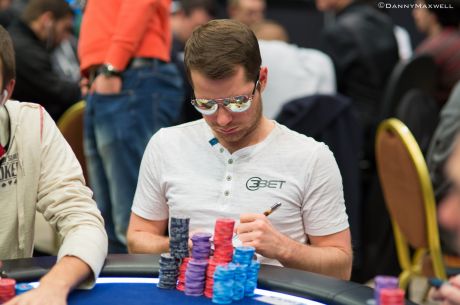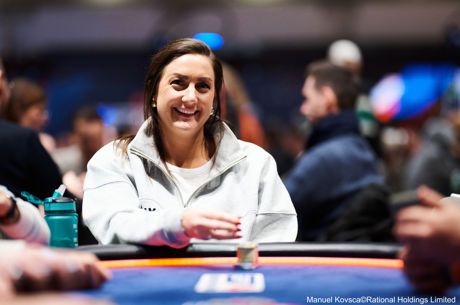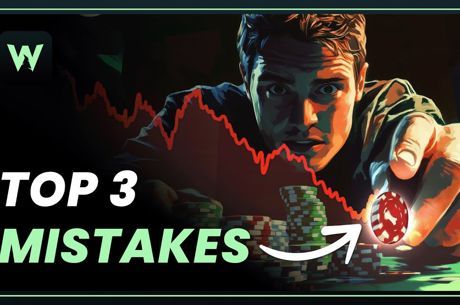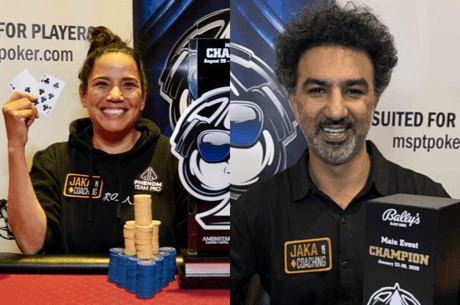Mastering Luck: It’s Not the Same As Being Lucky
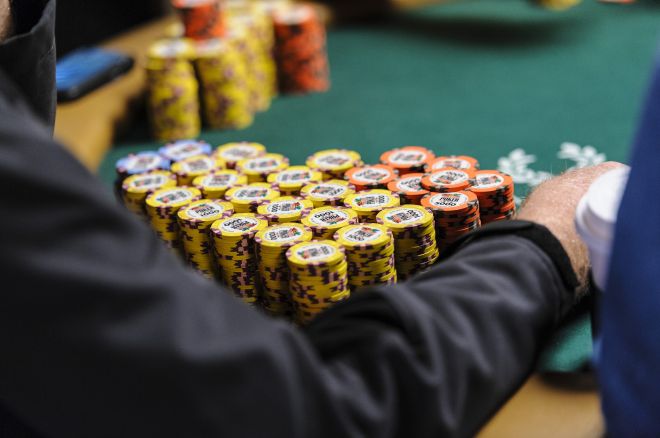
Spend any amount of time in any poker room on earth and you will inevitably hear players curse their luck:
“I never win a flip!” “Her aces hold up! Why don’t mine?” “I’m down two racks and I ain’t won a pot yet.”
You will also hear people who strive to change their “luck” by taking actions that can have no discernible impact on their results:
“Dealer, could we get a new set-up?” “Give ‘em a really good scramble, dealer, would you...? No, I mean really good.” “I want a seat change… table change… game change.”
Even typing out these kinds of whines, complaints, and irrelevant actions feels silly. No successful or experienced player could rationally believe that a seat — or a dealer or a particular a deck of cards — could possibly affect the outcome of a given hand or session in a foreseeable way. (Of course, I recognize that you may have a real and legitimate reason to request a seat change or a table change, but here I’m talking about the guy who’s running bad and simply wants to change his luck.)
It should be obvious — but it’s still worth saying — that vocalizing these sentiments is not just silly. Doing so also makes you look like an amateur. Furthermore, complaining about your bad luck can and will hurt your results.
One of two things will happen when you complain about the cards not going your way: (1) good players will exploit these signs of weakness, defeatism, and resignation; or (2) your own weakness, defeatism, and resignation will cause you to donk off your remaining chips.
Either way, you will lose.
But there’s a bigger lesson here as well — the value of understanding and embracing luck.
Poker is of course a game of skill. To be a winning player, you must learn the technical skills of poker, including understanding the value of hands, the value of draws, the value of position, the value of bluffing, and more.
But you must also recognize that poker is a game of luck. As the more sophisticated players refer to it, poker is a game of variance.
Jesse May, best known as a TV poker commentator in Europe, speaks to this idea directly in one of the game’s few good novels, Shut Up and Deal. Mickey Dane, his grinder protagonist who narrates the book, explains poker this way:
“Poker is a combination of luck and skill. People think mastering the skill part is hard, but they’re wrong. The trick to poker is mastering the luck. That’s philosophy. Understanding luck is philosophy, and there are some people who aren’t ever gonna fade it. That’s what sets poker apart. And that’s what keeps everyone coming back for more.”
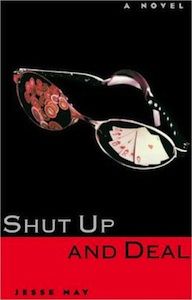
That last line is the easiest part of this insightful observation to understand. If the game were purely skill — that is, if it were more like chess — no amateur would play, or at least play for long. This is one reason why it’s so important not to berate anyone for playing badly. For someone to play badly and get lucky is what you want, despite the occasional, inevitable short-term pain of it. The fact that poker has a large luck component is the source of your potential profits.
But there’s another component to this idea as well: You must master luck — or variance — so that you don’t fall into the trap of looking back on that losing hand, or that losing session, or that losing month and give in to weakness, defeatism, or resignation.
It’s valuable to look back in an effort to improve your game. Could you have played a hand more deftly? Can you learn something new about an opponent by reviewing how he played a hand against you? Most definitely.
But don’t look backward if it causes you pain and suffering in a way that causes you to play badly going forward.
Luck is a fact of poker, just as it is a fact of life. Luck is like gravity — it’s there and you have to deal with it, and you have to work within its realities. To play smart poker is to embrace luck. And when you can embrace luck, you will enjoy poker’s infinite capacity to surprise you.
Get all the latest PokerNews updates on your social media outlets. Follow us on Twitter and find us on both Facebook and Google+!

